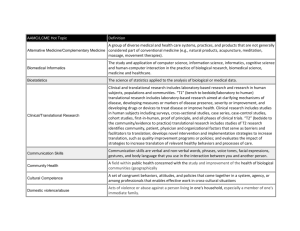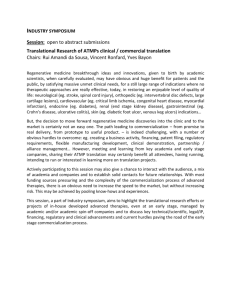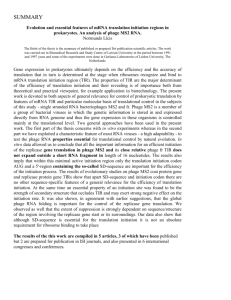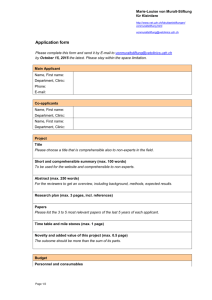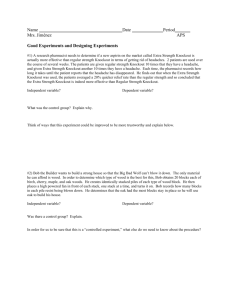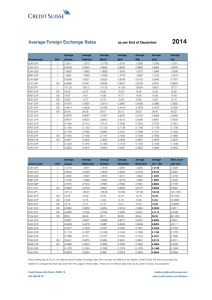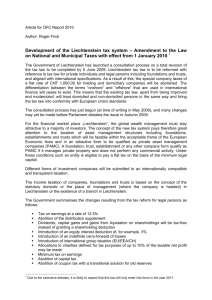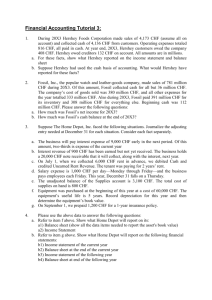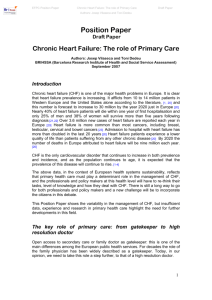deletion of the translational repressors
advertisement
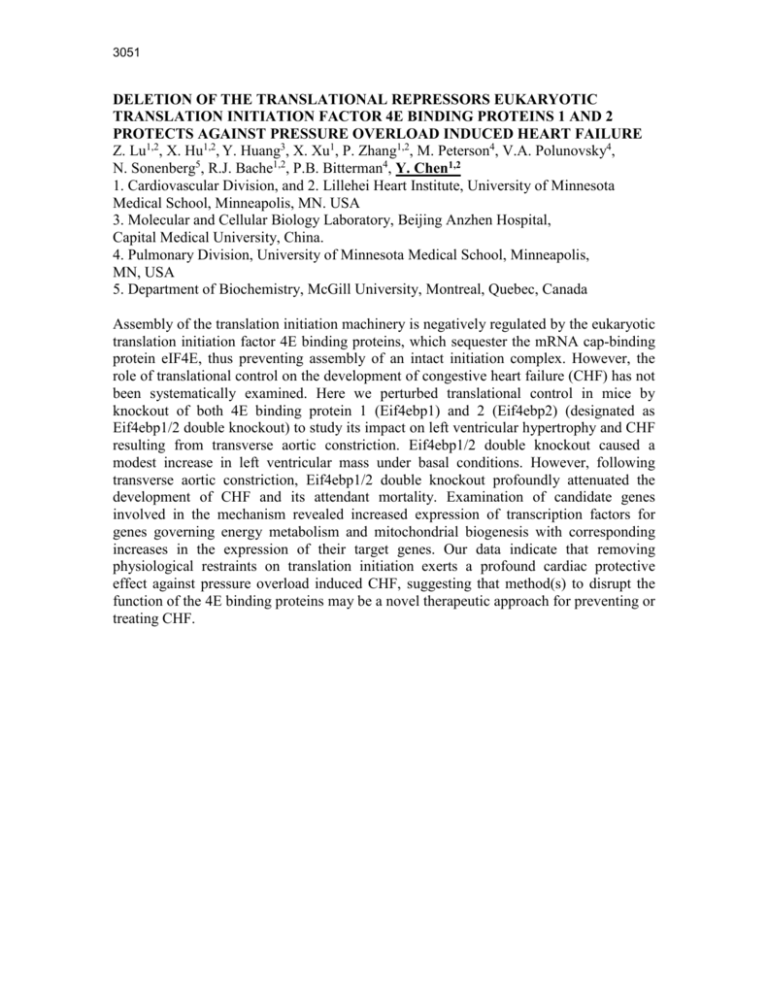
3051 DELETION OF THE TRANSLATIONAL REPRESSORS EUKARYOTIC TRANSLATION INITIATION FACTOR 4E BINDING PROTEINS 1 AND 2 PROTECTS AGAINST PRESSURE OVERLOAD INDUCED HEART FAILURE Z. Lu1,2, X. Hu1,2, Y. Huang3, X. Xu1, P. Zhang1,2, M. Peterson4, V.A. Polunovsky4, N. Sonenberg5, R.J. Bache1,2, P.B. Bitterman4, Y. Chen1,2 1. Cardiovascular Division, and 2. Lillehei Heart Institute, University of Minnesota Medical School, Minneapolis, MN. USA 3. Molecular and Cellular Biology Laboratory, Beijing Anzhen Hospital, Capital Medical University, China. 4. Pulmonary Division, University of Minnesota Medical School, Minneapolis, MN, USA 5. Department of Biochemistry, McGill University, Montreal, Quebec, Canada Assembly of the translation initiation machinery is negatively regulated by the eukaryotic translation initiation factor 4E binding proteins, which sequester the mRNA cap-binding protein eIF4E, thus preventing assembly of an intact initiation complex. However, the role of translational control on the development of congestive heart failure (CHF) has not been systematically examined. Here we perturbed translational control in mice by knockout of both 4E binding protein 1 (Eif4ebp1) and 2 (Eif4ebp2) (designated as Eif4ebp1/2 double knockout) to study its impact on left ventricular hypertrophy and CHF resulting from transverse aortic constriction. Eif4ebp1/2 double knockout caused a modest increase in left ventricular mass under basal conditions. However, following transverse aortic constriction, Eif4ebp1/2 double knockout profoundly attenuated the development of CHF and its attendant mortality. Examination of candidate genes involved in the mechanism revealed increased expression of transcription factors for genes governing energy metabolism and mitochondrial biogenesis with corresponding increases in the expression of their target genes. Our data indicate that removing physiological restraints on translation initiation exerts a profound cardiac protective effect against pressure overload induced CHF, suggesting that method(s) to disrupt the function of the 4E binding proteins may be a novel therapeutic approach for preventing or treating CHF.
